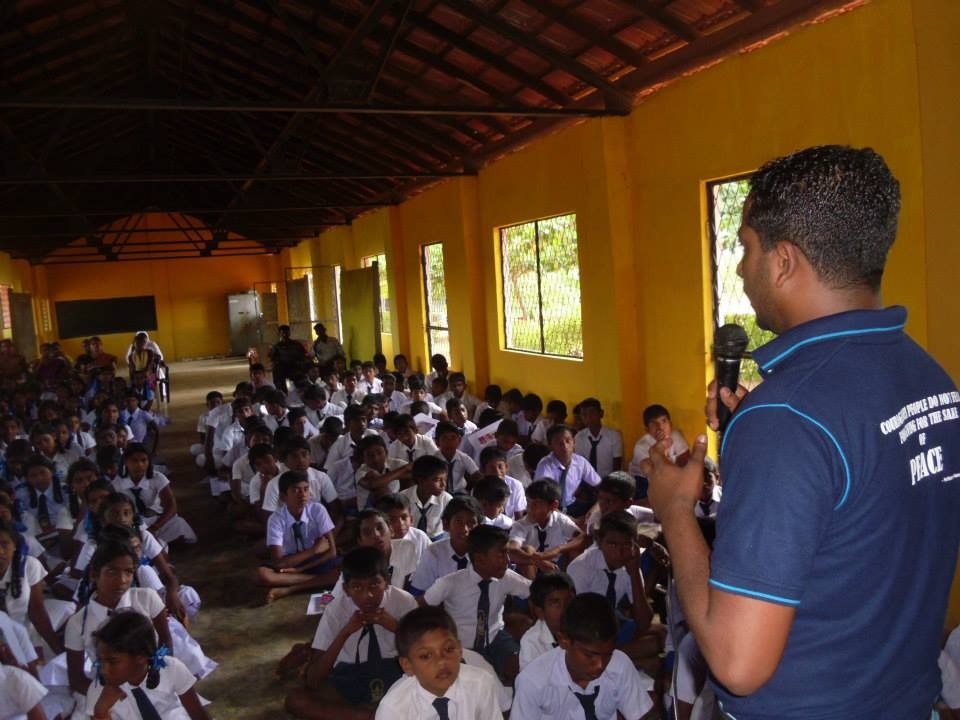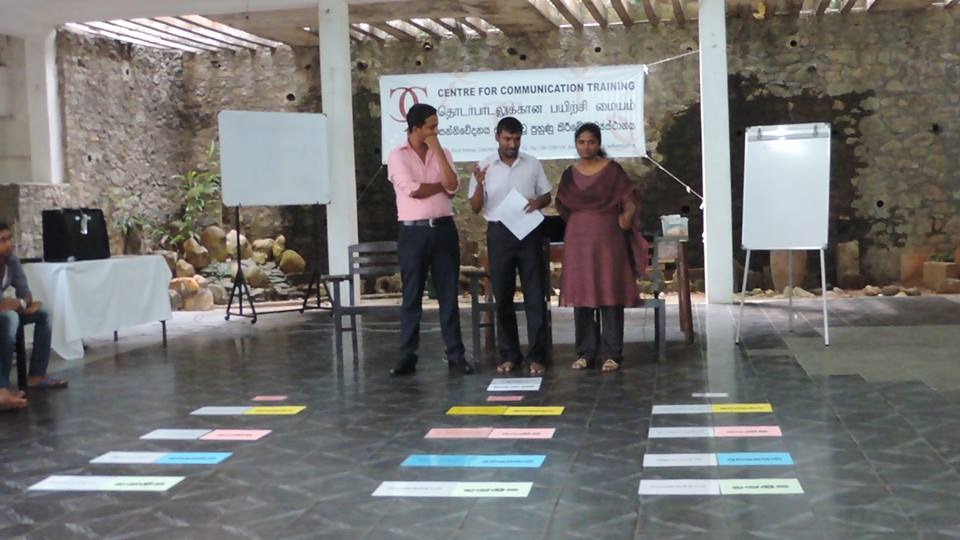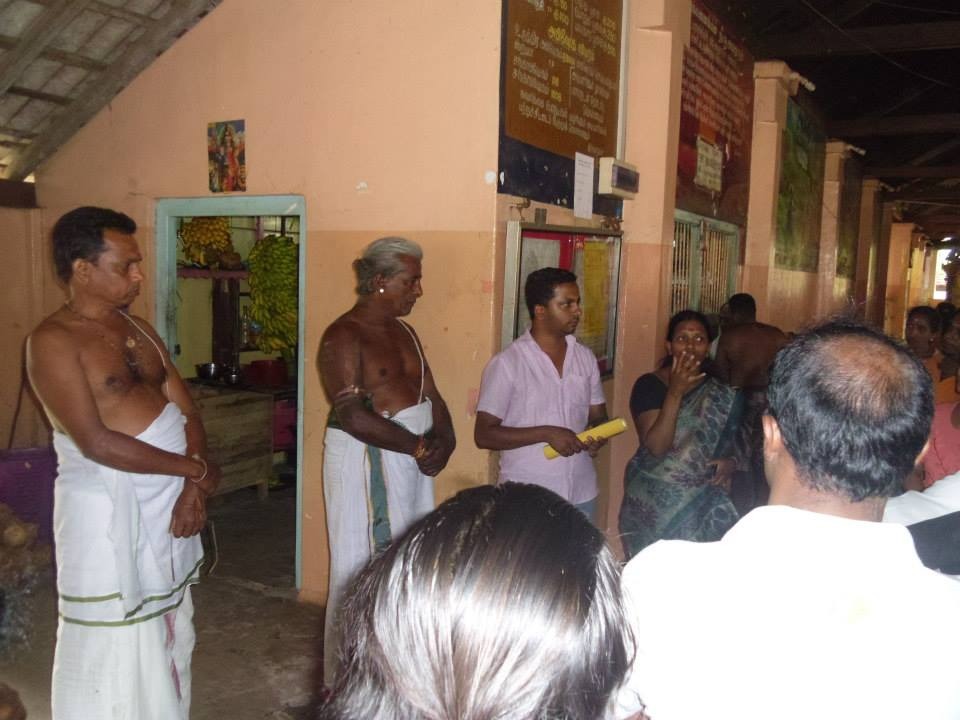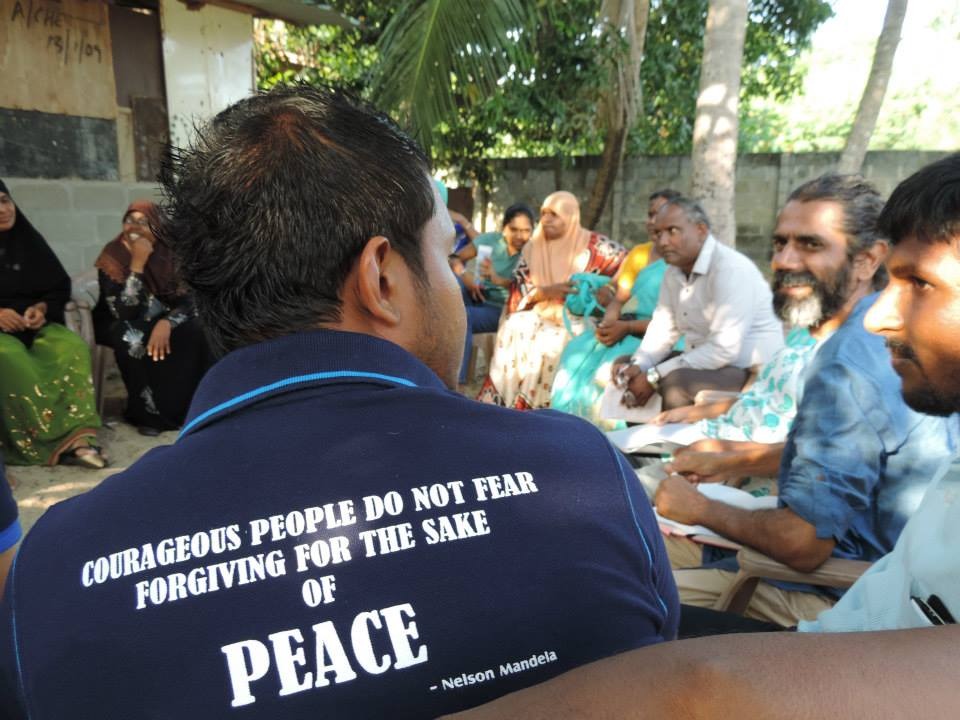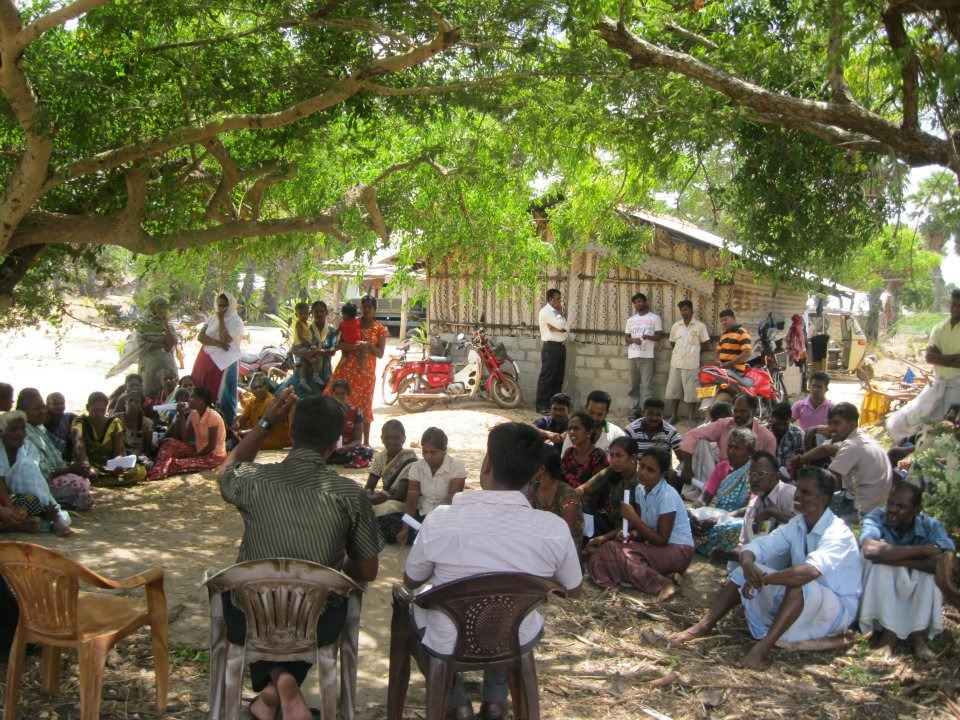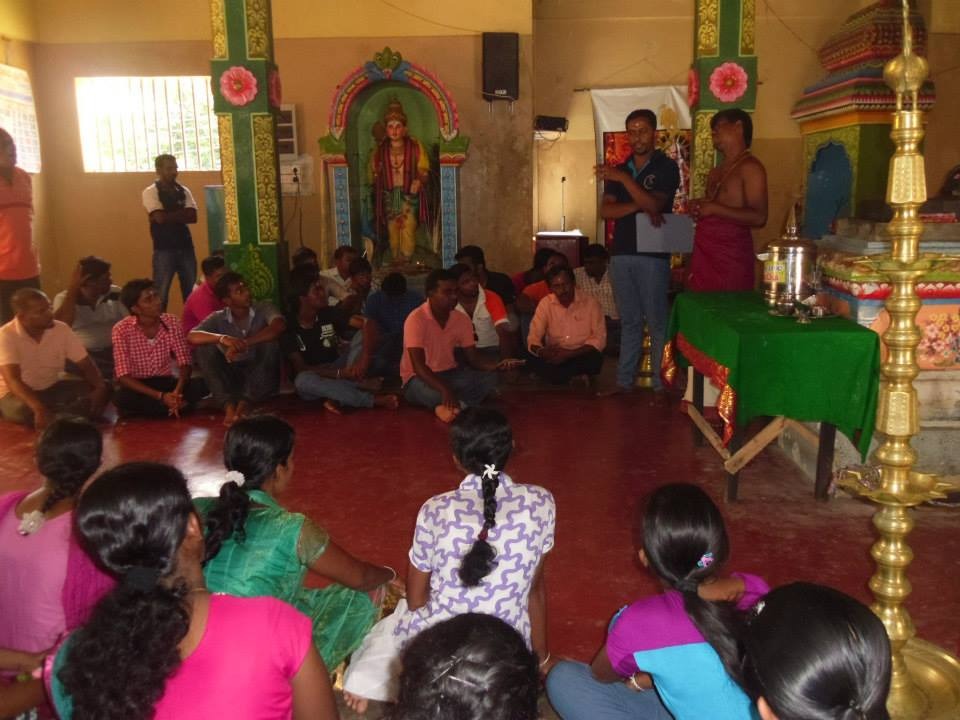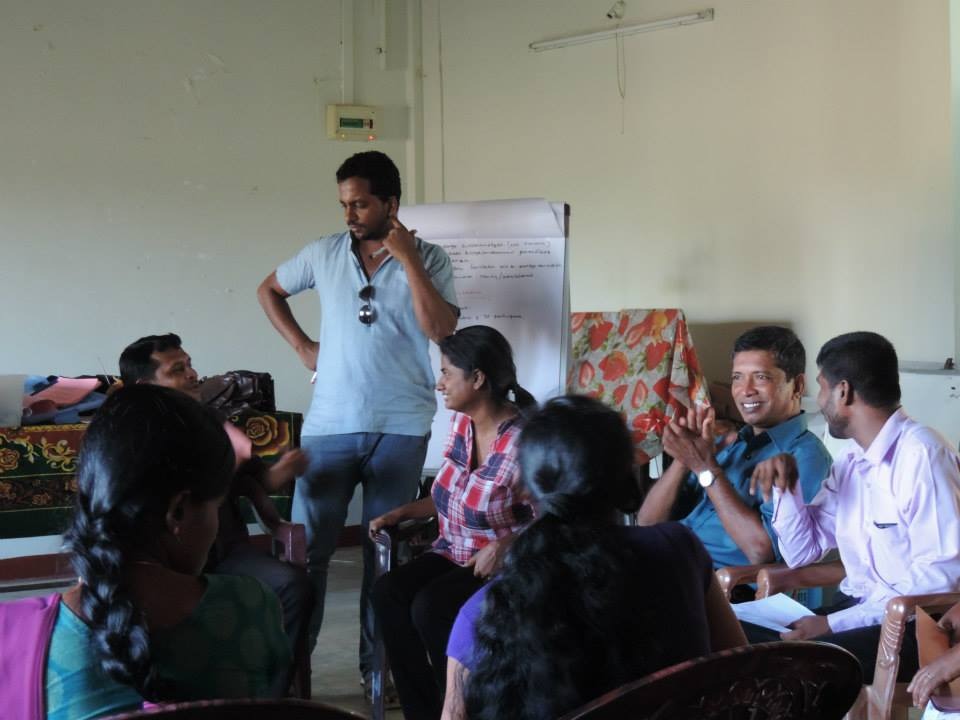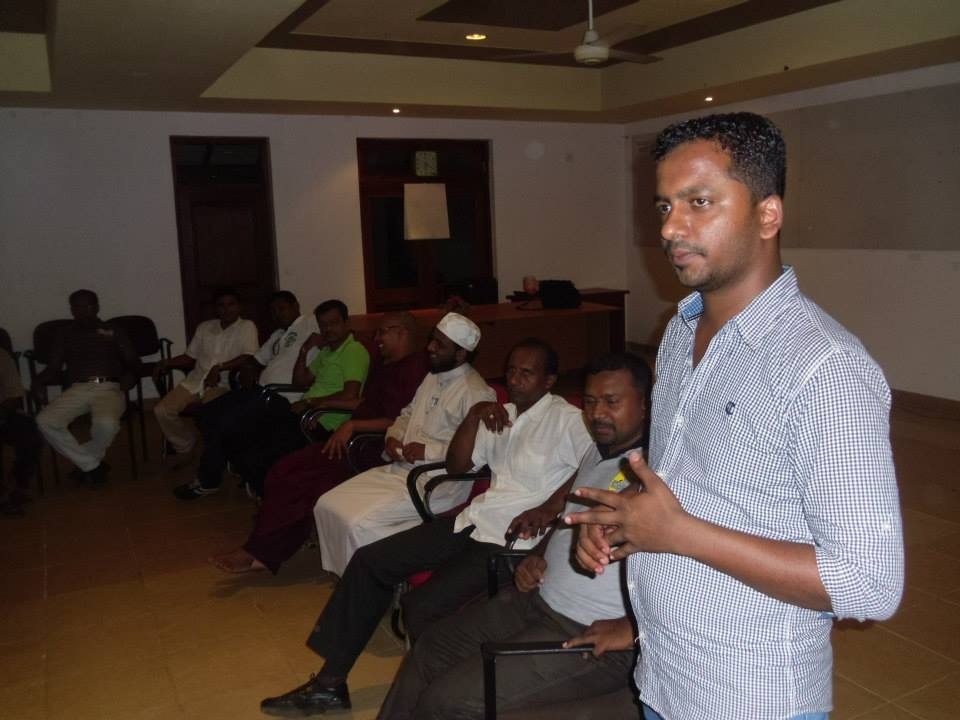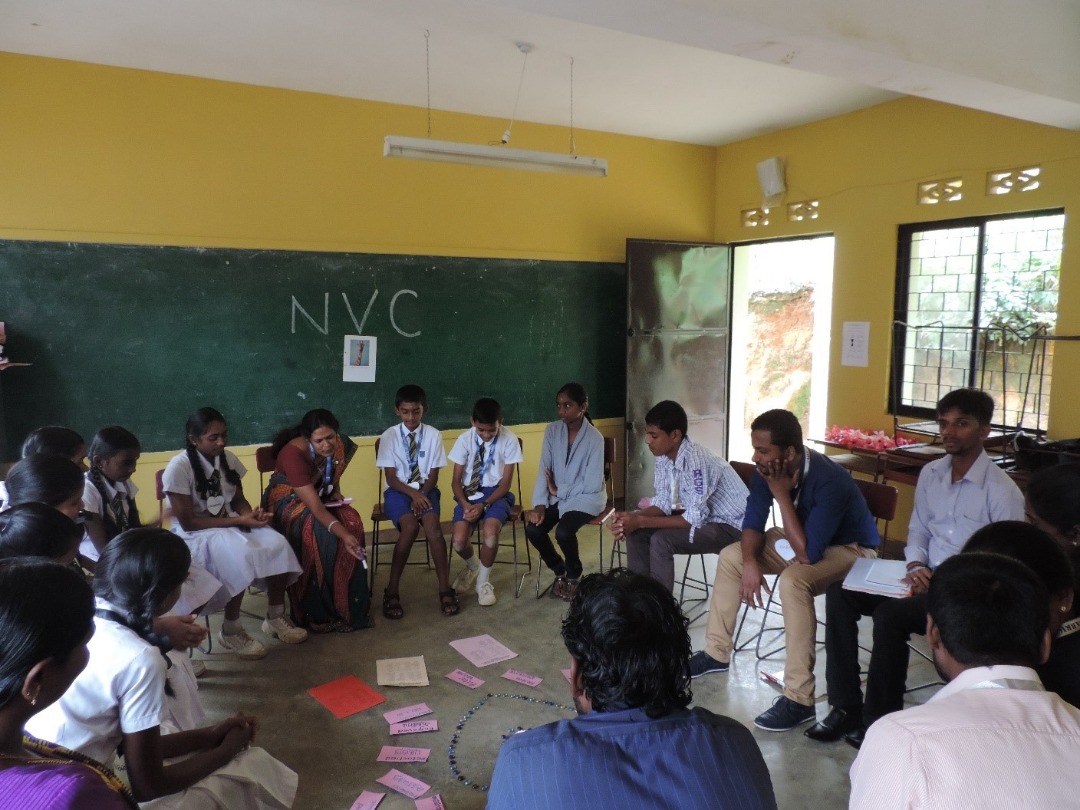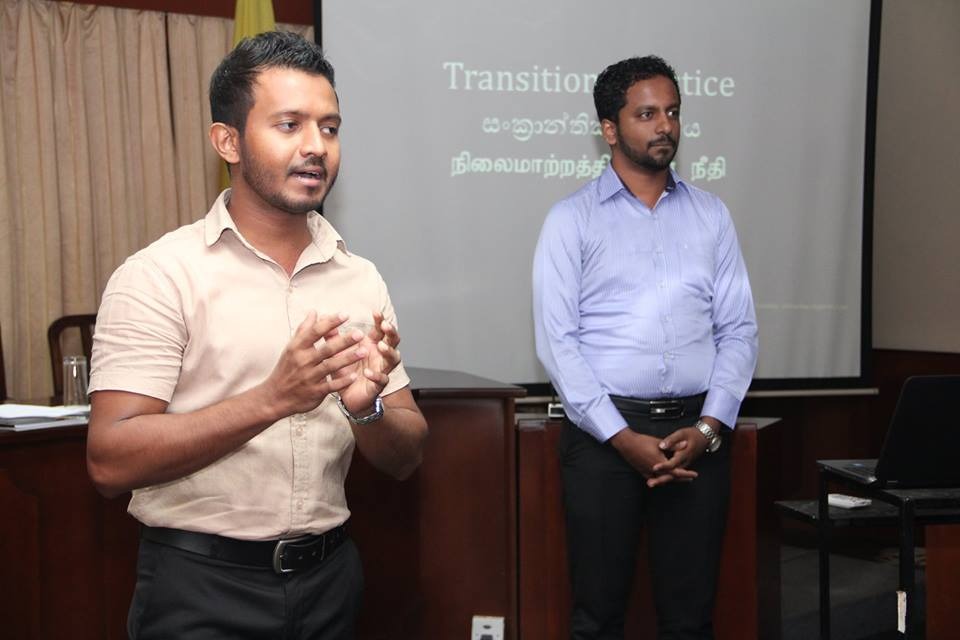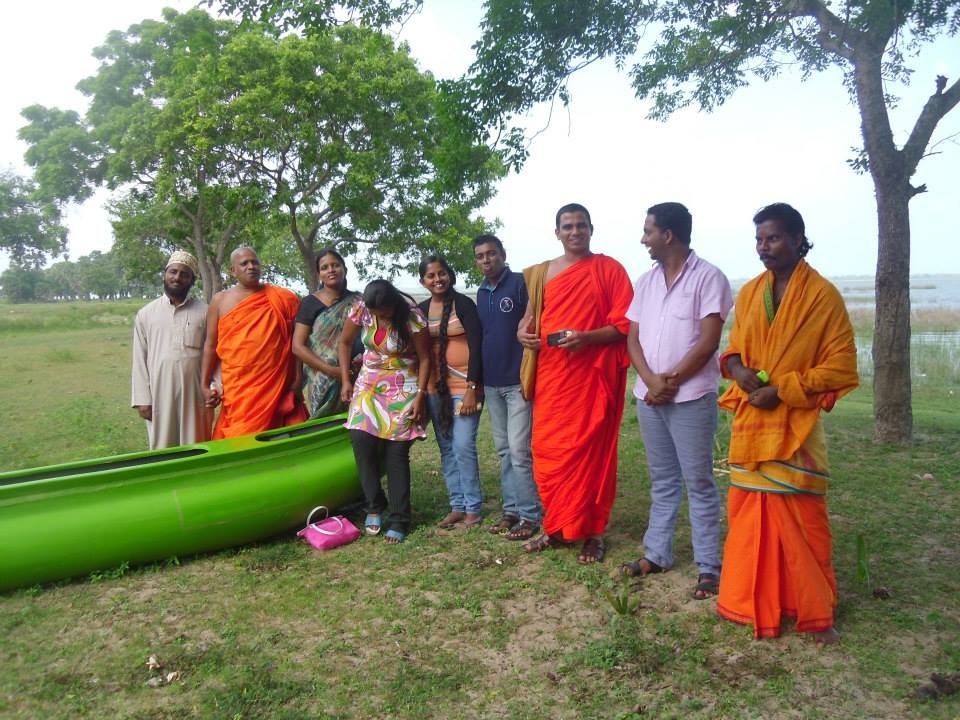Meet Mohamed Fazal: Giving Forward to the CSP Alumni Scholarship
Mohamed Fazal, the 2019 Alumni Scholarship Recipient for the Caux Scholars Program is from Sri Lanka.
Every year, a selection committee of Caux Scholars Program (CSP) alumni meet to review applications and designate a candidate who shows great passion and promise to receive a scholarship and take part in the upcoming program. Donations from CSP alumni, IofC communities and partners, and the general public are accepted to fund the scholarship recipient’s travel, accommodation, food, and tuition expenses for the 30-day residential program at the Caux Palace in Switzerland. Participation in CSP would not be possible without the support of donations. In turn, this support amplifies the capacity of scholars to continue their critical work as peacebuilders in their home countries.
Meet Mohamed Fazal of Sri Lanka, the 2019 Caux Scholars Program Alumni Scholarship recipient. Fazal began working in peacebuilding and development sectors in Sri Lanka upon graduation from secondary school in 2006. Since this time he has gained a multifaceted learning experience working with local development agencies, civil society and community based organizations, youth networks, women’s groups, government officials, and religious leaders to address development issues within marginalized communities. Fazal regularly provides these groups and organizations with management and monitoring support to build their capacity in peacebuilding, conflict transformation, teambuilding leadership, and human rights.
During his career, Fazal has practiced different methods and approaches towards conflict transformation by exploring innovative and sustainable solutions to the three decades-long armed conflict in the country. Following the end of the conflict in 2009, the government of Sri Lanka appointed an independent commission called Lessons Learnt and Reconciliation Commission (LLRC). One of the main mandates of the commission was to provide recommendations for national unity and reconciliation among all communities in Sri Lanka. Fazal was part of this national organization leading significant works across the Island to educate the general public and civil society groups, and create awareness about the LLRC’s recommendations for restorative justice processes in Sri Lanka.
Below Fazal shares more about his journey of peacebuilding in Sri Lanka and how the 2019 Caux Scholars Program will deepen his expertise and application of restorative justice methods to specific conflicts within his context.
“After 2009, there were still so many gaps and misunderstandings between ethnic communities and religious groups in Sri Lanka and it was difficult sensitizing local and international communities to our reconciliation processes. Some observed that this separation between communities was further motivated by some radical groups for political and commercial gains. Finally, a brutal suicide attack took place on April 21st, 2019 and three Christian churches and three luxury hotels were targeted. More than 250 individuals were killed during this attack.
As a development worker, I believe that these incidents demonstrate the need for genuine and strong reconciliation and transitional justice processes to be implemented in Sri Lanka. The regimes who came to power after the 30-year war in Sri Lanka failed to address the grievances of war victims and bridge gaps between ethnic communities. We as a country have to learn a lot about how to improve collaborative approaches between government, civil society and the general public.
Development workers like me need to build our individual capacity in reconciliation and transitional justice so that we can be stronger advocates. I have so much more to learn about nonviolent communication skills (NVC), transitional justice, sociocracy and restorative circles. This is why participation in the Caux Scholars Program is so important as a direct way to build my toolkit of expertise with focused training in these methods. This CSP program is very ideal for development workers like me who are coming from post-war contexts. I believe the experience with other participants and learning best practices from other countries will definitely equip me with tools of conflict transformation and transitional justice.
So friends, please support me to attend this program as I’m not financially doing well and I an unable to personally bear the cost. I assure you that my participation in this program will definitely empower my peacebuilding and development works in Sri Lanka and my ability to share my learnings and experience from this program with so many others in my community. ”


